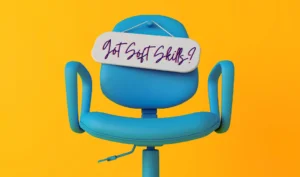
How to Assess Soft Skills: 9 Leaders Share Their Best Advice
Artificial intelligence. Automation. Digital transformation. Technology is rapidly redefining business processes in every industry. But that doesn’t mean the human side work is vanishing. Rather,



